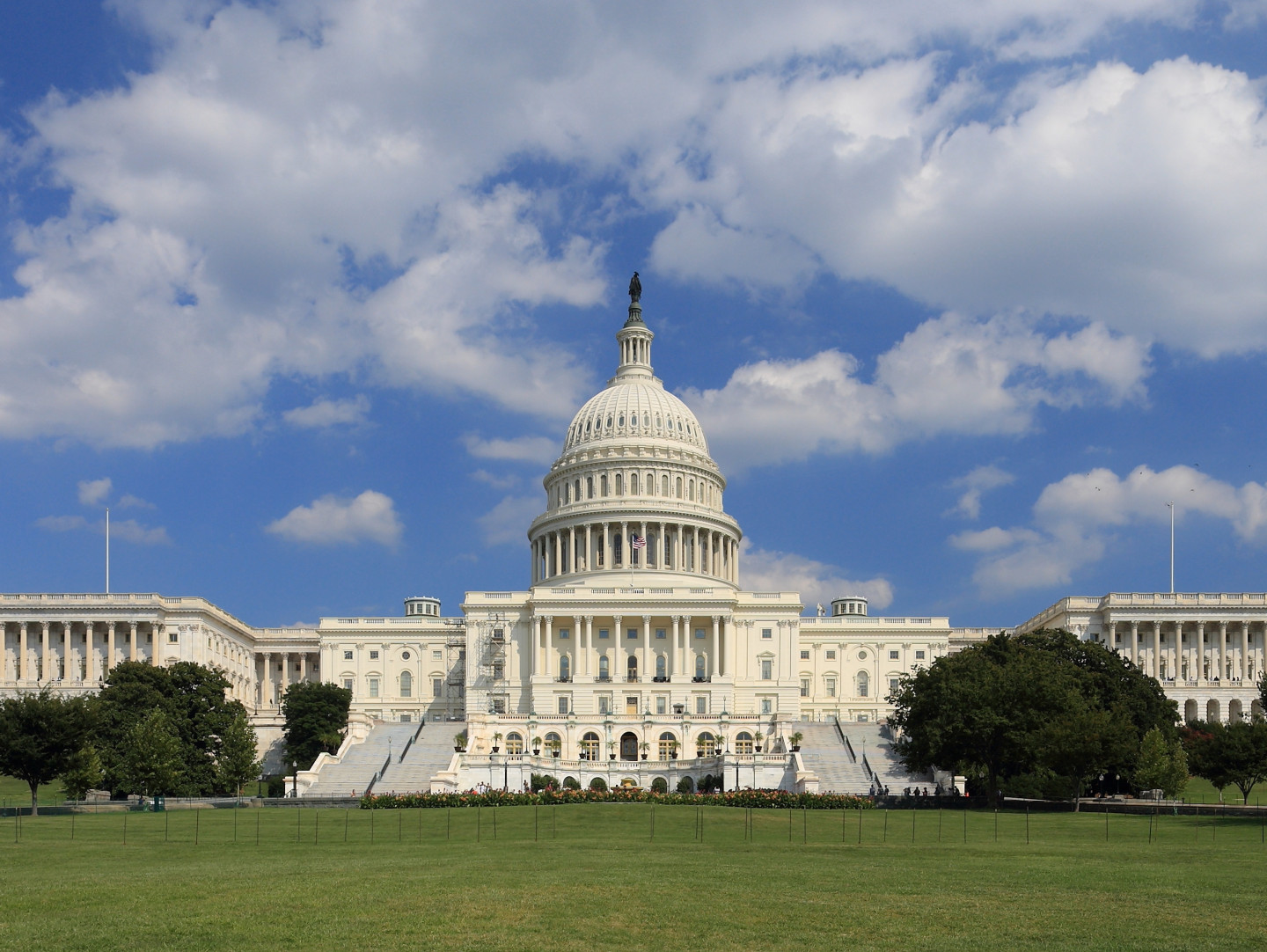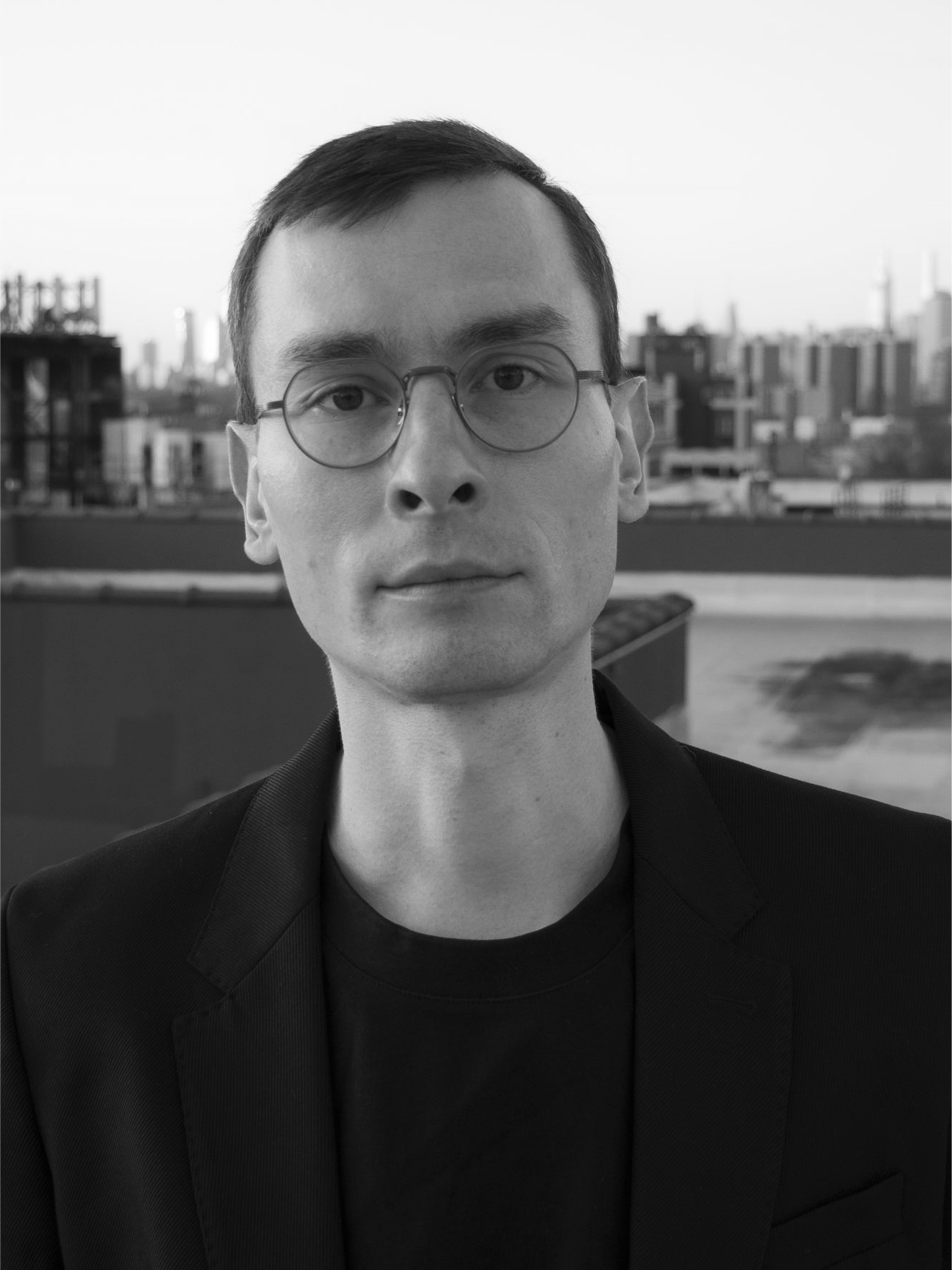Buildings

Information
Through the lens of “worldmaking,” this course provides students with an intensive introduction to studying the humanities at Yale. The course is anchored by six trans-historical spatial models for thinking about the history of ideas: the Capitol, the Library, the Ship, the Factory, the Museum, and the House.
Covering a range of historical epochs and geographies—from Greek antiquity to contemporary Dakar—as well as genres and media—including philosophical treatises, the romance novel, films, and exhibition catalogues—these six building “types” provide a foundation for questions about how societies and individuals organize value systems. They also provide concrete, material frameworks for confronting theoretical proposals with the diversity of human experiences.
Key texts include Homer’s The Odyssey, Song Yingxing’s Tiangong Kaiwu, and Hannah Arendt’s Human Condition. Canonical texts from the traditional repertoire of the “Great Books” are constellated with nonwestern and contemporary perspectives that rethink the political and ethical imperatives of the humanities today. Friday sessions alternate between writing workshops and field trips to Yale collections.
Schedule
Class
Tuesday, Thursday
11:35 am — 12:50 pm
Lab
Friday
12:30 pm — 3:30 pm
Faculty

Michael Faciejew
Michael Faciejew is a historian of the built environment. His research examines the intersecting histories of architecture, information, media, and governance from the 18th century to the present.
Resources
Resources
| Title | Date | Link |
|---|---|---|
| Syllabus | Sep 1, 2021 | File |
| Listing | Sep 1, 2021 | Visit |